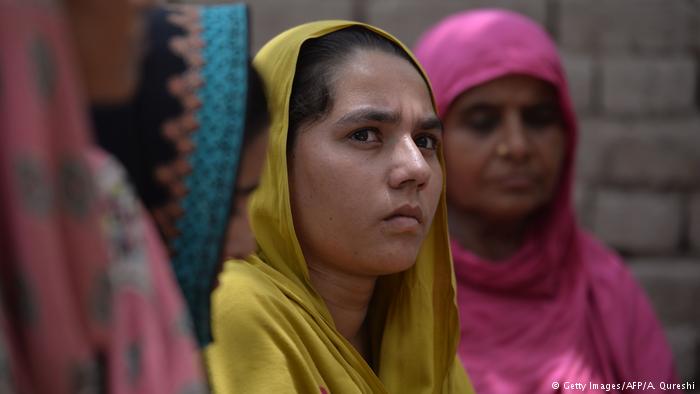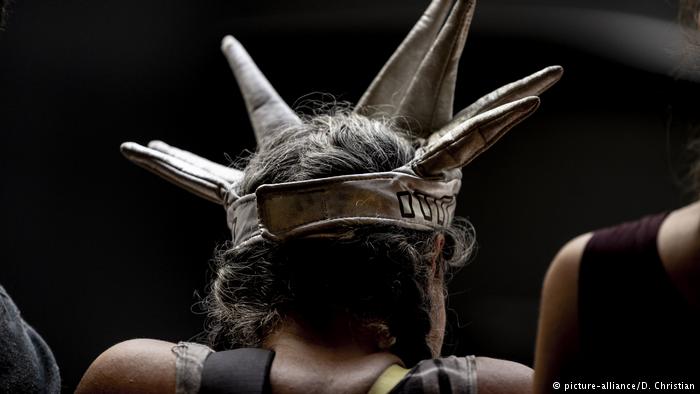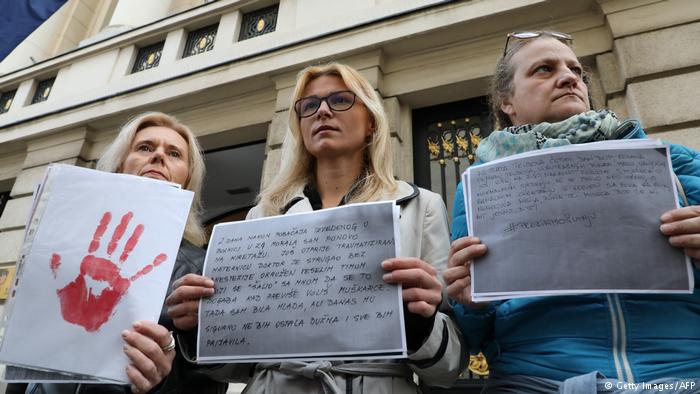Why MeToo failed in Pakistan?
The MeToo moment came to Pakistan but passed without anyone even noticing. Despite the fact that a few high profile women spoke up against harassment, MeToo did not have the same effect as in other parts of the world.
So what is the reason behind the weak MeToo movement in Pakistan? That is a tough question to ask and it seems like there is no direct answer. A lot of factors contributed to MeToo’s failure in Pakistan. Although the high-profile singer Meesha Shafi and other women took the bold step of going public against the famous male singer Ali Zafar, the issue soon died down.
According to TV personality and multimedia journalist Amber Rahim Shamsi, “the only case in Pakistan that could potentially have opened the doors to MeToo was Meesha Shafi and Ali Zafar. They are now caught in a legal battle but this has not triggered the same debate as in India and the US.”
So what went wrong? Why did MeToo not have the same impact as in Hollywood or Bollywood where major stars have been accused of sexual harassment and are on trial.
The journalist Tanzila Mazhar, who was a victim of sexual harassment and went to court, says: “MeToo could not become influential force in Pakistan because women in Pakistan are still struggling to claim their space. In India and also in Hollywood, women are an acknowledged and accepted part of the workforce, whereas in Pakistan they are still struggling to get basic recognition.”

Meesha Shafi and Pakistani singer/actor Ali Zafar
Generally, we have not seen many women coming out to speak openly about what they have been through. Pakistani society does not encourage women to talk about problems they face at home and/or work. Farhat Javed Rabani, another journalist who took legal action after she was sexually harassed at work, says that one problem is that women do not show enough solidarity with others. “Pakistani society has evolved incredibly in the last few decades, especially in terms of women’s participation in the workforce. But there is not enough acceptance of this progress and not only among men but also women.”
Nighat Dad, the head of Digital Rights Foundation and an internationally acclaimed anti-cyber harassment activist says women lack strong support systems. “They don’t have communities and they often don’t have the resources to fight back with defamation cases.” But she believes that that the more women speak out, the easier it will become for others to come forward and speak. “As a lawyer, I encourage victims to take the legal course. The case might be lost but we need to normalize speaking.”
Pakistani women are often told not to report harassment as victim shaming remains common. In many cases, women who have spoken up have lost their jobs or faced isolation from their families. A friend of mine who was harassed by her cousin as a child has never forgotten. Her mother prevented her from seeking psychological help, fearing that word would get out and nobody would marry her daughter.
”This is unfortunately a social culture where harassment is not dealt with as a crime. We tell women to dress modestly and find excuses to keep victims silent and shame them. in some cases, women are also part of this thinking,” says Mazhar.
Dad tells me why MeToo movement could not gain momentum by comparing the Delhi Rape case in 2012 with the recent rape case of an eight year old girl Zainab in Pakistan. Dad says, “After the Delhi rape case in 2012, entire cities in India came out on the streets, there was a huge movement but in the case of Zainab, an eight/year/old raped here in Pakistan, there have been no protests despite massive outrage online.”
Shamsi strongly believes that until there is a more conducive environment, a friendlier legal system and more media pressure, women in Pakistan will continue to suffer silently.
Author: Beenish Javed (act)
–







